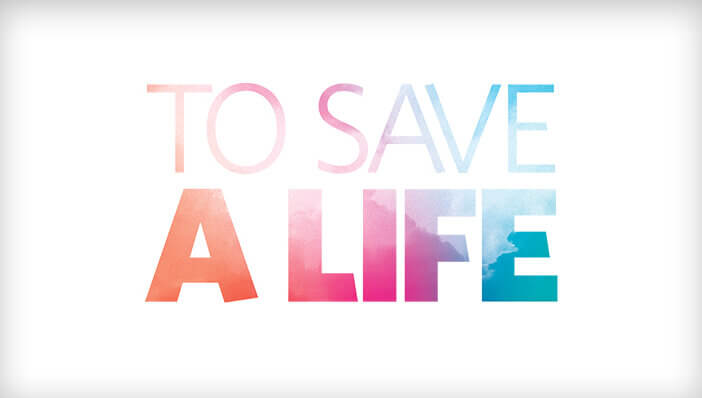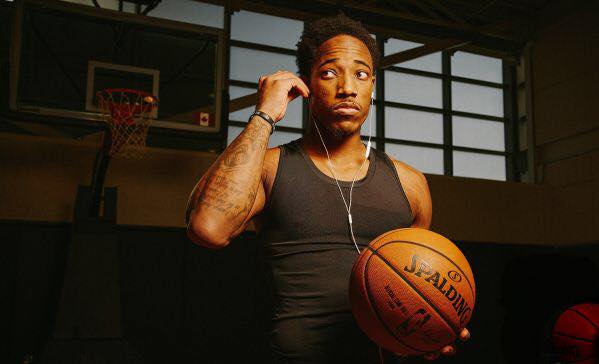
NBA stars Kevin Love (Cleveland Cavaliers) and DeMar DeRozan (Toronto Raptors) created a stir this season when within weeks of each other, they both openly discussed their own on and off-court struggles with mental health.
“Mental health isn’t just an athlete thing,” Love explained in a vulnerable Players’ Tribune article. “This is an everyone thing…Everyone is going through something that we can’t see.”
Love, who in recent months sought the professional help of a therapist, is trying to de-stigmatize mental struggles by being public with his own personal issues. “No matter what our circumstances, we’re all carrying around things that hurt—and they can hurt us if we keep them buried inside. Not talking about our inner lives robs us of really getting to know ourselves and robs us of the chance to reach out to others in need.”
DeMar DeRozan first spoke of his own issues with depression with Toronto’s largest newspaper, The Star.

“It’s one of them things that no matter how indestructible we look like we are, we’re all human at the end of the day….Sometimes it gets the best of you, where (at) times everything in the whole world’s on top of you.”
DeRozan and Love teamed up to create a short PSA video encouraging people to not be ashamed to ask for help if they are struggling with depression, anxiety, or any other mental health issue that they’re currently managing alone. (As a matter of perfect timing, it came out just days before the Cavaliers and Raptors began their second-round Eastern Conference playoff matchup, pitting the two stars against one another on court.)
Regardless of profession or prominence, as humans we have a natural tendency to bury emotions, put up walls, and not deal with difficult issues. Sadly, some believe that asking for help makes them inferior and unstable. Paradoxically, being willing to admit one’s struggles isn’t a sign of weakness, but rather a testament of inner strength.
James 5:14-16 encourages us to be vulnerable, transparent, and to reach out for help from others, confessing the truth about our brokenness so we can heal both in body and mind should the Lord choose to bless.
As believers, we’re called to encourage others, bear each other’s burdens, provide hope, and offer Light when darkness seems to loom (1 Thessalonians 5:11).
“Call it a stigma or call it fear or insecurity,” shares Love, “You can call it a number of things but what I was worried about wasn’t just my own inner struggles but how difficult it was to talk about them. I didn’t want people to perceive me as somehow less reliable as a teammate…I want to make it clear that I don’t have things figured out. I’m just starting to do the hard work of getting to know myself. For 29 years, I avoided that. Now, I’m trying to be truthful with myself. I’m trying to face the uncomfortable stuff in life while also enjoying, and being grateful for, the good stuff. I’m trying to embrace it all, the good, bad and ugly.”
For Love, DeRozan — and every other human — life can be a mixed bag at times, complete with the good, the bad, and the ugly. Love noted that DeMar DeRozan’s willingness to share his own struggles made it easier for him to open up about his personal life. “His comments helped take some power away from that stigma, and I think that’s where the hope is.”
DeRozan concludes that he’ll continue to share his struggle if it will help others. “It’s not [sic] nothing I’m against or ashamed of,” he said. “Now, at my age, I understand how many people go through it. Even if it’s just somebody can look at it like, ‘He goes through it and he’s still out there being successful and doing this,’ I’m OK with that.”
The takeaway? Everyone is going through something. Be willing to be vulnerable, open, and transparent. In helping others, you may just help yourself.
